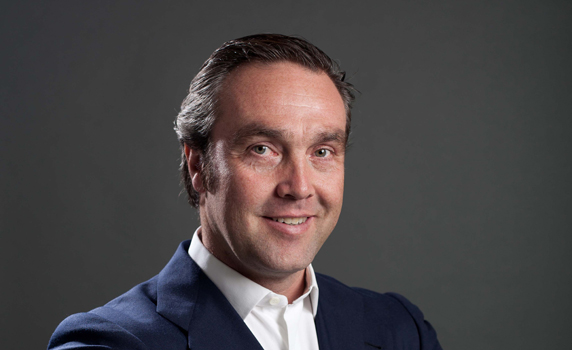
José Rivera (MBA ‘98) decided to take advantage of the opportunities that he says the economic crisis has brought and in September 2010 he opened the first shop of his entrepreneurial adventure: "Un Kilo de Pan" (A Kilo of Bread). Little more than two years later, "Un Kilo de Pan" operates 25 shops and 12 more franchises, had a turnover of €1.35 million last year and employs 46 people. "There’s no doubt that the crisis creates opportunities. This was the case with ‘Un Kilo de Pan’, which is oriented towards the consumption of a basic product, bread, at a competitive price while offering high quality and service that is better than that provided by supermarkets and shopping malls," he says.
Unique Selling Points
Having observed and analyzed the situation faced by small bakers in relation to shopping malls, he concluded that the traditional and also sophisticated breadmaking business was at a great disadvantage compared to supermarkets and hypermarkets, which offer a wide range of fresh bread at a much lower price.
This was when Rivera spotted his niche. "The idea behind ‘Un Kilo de Pan’ is that it is a purveyor of good bread that is fresh and warm in a traditional outlet at a low price," he says. "Un Kilo de Pan" has positioned itself in the traditional segment of the bread, bakery and sandwich market, "…given that we have kept the range simple; the high quality of our freshly made products; competitive prices and attention to the customer. These are its major selling points compared to bakeries selling mass-produced bread at shopping malls and supermarkets."
"Un Kilo de Pan shops" have been particularly successful in areas close to big cities, where the crisis has caused a significant decline in the level of consumer spending. The business began in Zaragoza, which was where Rivera opened the first shop, and where it currently has 20. Soon afterwards he moved to the Madrid area – Alcalá de Henares, Torrejón de Ardoz, Parla and Leganés – and Barcelona – Esplugues de Llobregat, Sant Boi de Llobregat, Badalona and Cornellà de Llobregat. This year the company expects to open around 35 shops, in addition to 10 franchises "contingent on the next share capital increase," in order to achieve the business plan and to have a turnover of close to €3 million by the end of the year.
Finding investors
Rivera knows the business world. For several years he worked in a family-owned company in which his father was one of the shareholders but his entrepreneurial and business experience extends beyond the family’s enterprise. He also knows what failure is like. "You can see it as a lifelong burden but you can overcome it if as an entrepreneur you are confident in the business model that you want to develop," Rivera says.
As an IESE international MBA alumnus he was aware of FINAVES. "I presented the project and they liked it," and then SODIAR, the investment wing of the Aragón government, and two private investors also joined as shareholders. "IESE tries to develop the skills of business people with a high degree of confidence in their abilities and this was really important for me." He says that "they instill something that is lacking in this country: an entrepreneurial mentality." Another thing that was helpful from his time in the business school was contact with other entrepreneurs - "the great friends that I made at the time." For Rivera "IESE was really a turning point in my professional career."